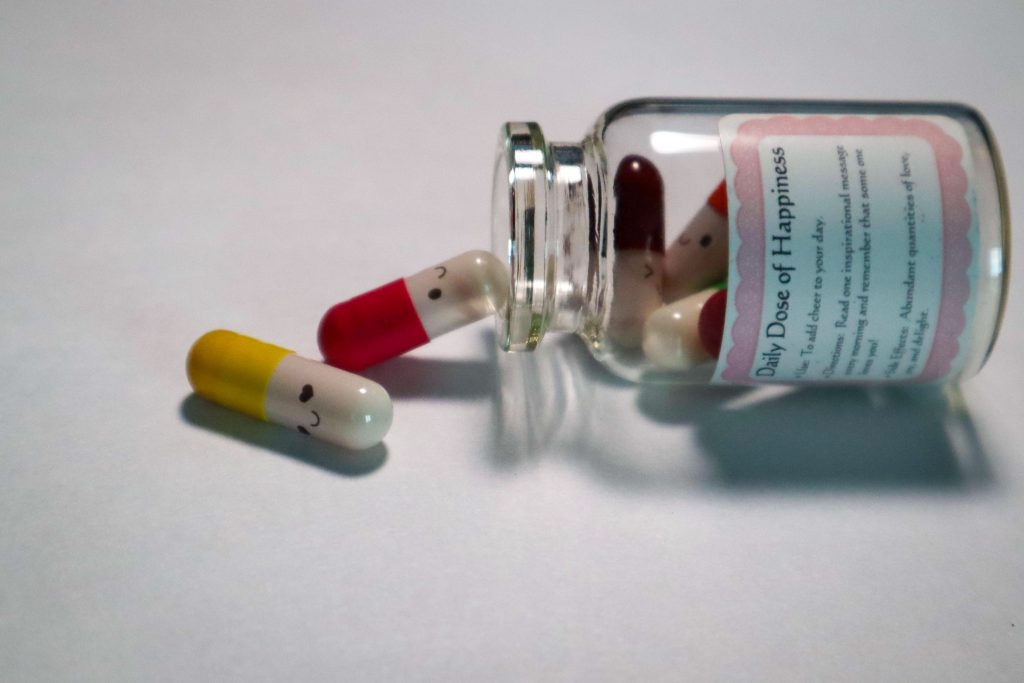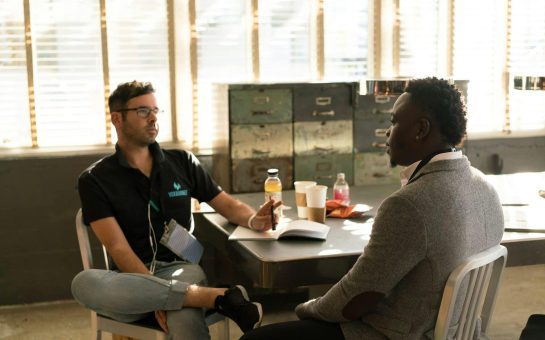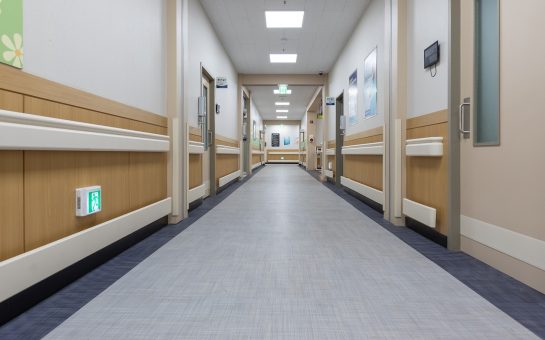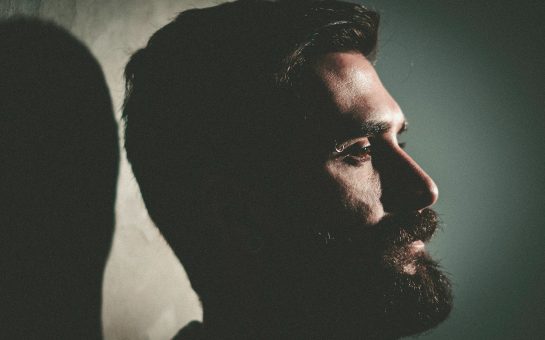Mental health has no doubt become even more of a focal point in the news and medically due to the coronavirus pandemic.
A study done in the US by KFF showed symptoms of anxiety and depression in adults has risen by 30% between January-June 2019 to January 2021.
There is without a doubt a strong need for newer treatments as scientific medical research evolves and newer mental illnesses are discovered.
The standardised antidepressant and therapy combination is very much one size fits all. The situation is becoming quite diluted as these are no longer effectively treating people as they once did, be it due to building up a tolerance from certain long-term drugs or simply just not gelling with a particular technique.
Microdosing is on the rise as a treatment for mental illness in places like the United States and is offered as a clinical trial by some medical facilities after showing promising potential in treating patients with mental health conditions.
However, in the UK this is still illegal and is usually self-prescribed.
Microdosing consists of taking small amounts of either LSD or magic mushrooms or other psychedelic drugs to help improve mood, concentration and other symptoms of mental disorders.
You should not experience visual effects or hallucination as the dosage is minimal, experiencing these is an indicator you have taken too much.
Most users dose every three days by taking 5-10 micrograms of LSD and 0.1-0.4 micrograms of psilocybin mushrooms.
Due to both of these drugs being class A in the UK this means they carry a prison sentence of up to 7 years for possession which has made it difficult for researchers to run clinical trials meaning most evidence is anecdotal.
The Imperial College London recently conducted the largest placebo controlled study into psychedelics and did find that this did improve people’s psychology in different ways such as improved sense of wellbeing and life satisfaction.
Although, the same improvements were also seen in those who had taken the placebo.

The lead author at the centre for psychedelic research said: “This suggests that the improvements may not be due to the pharmacological action of the drug but can instead be explained by the placebo effect.”
However, there is still a long way to go in terms of the scientific research into microdosing and its effects on the human mind.
The likes of Steve Jobs, the late founder of Apple, claimed that taking LSD was a key aspect into his creativity when creating his world dominating technology.
Dr James Fadiman runs the website Microdosing Psychedelics, where he asks people to report to him about their experiences using the technique.
So far, over 1500 people have contacted him about this with the majority feedback being people’s lives seems to be working better, they are more effective and their eating and sleeping habits have improved, overall feeling better in social situations.
Yet the question still remains unanswered, is this the way forward?
If you would like to share your own personal experience with microdosing to Dr Fadiman and his team please contact: [email protected]



